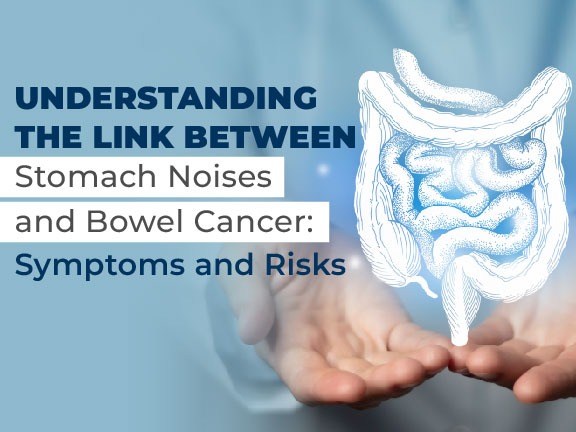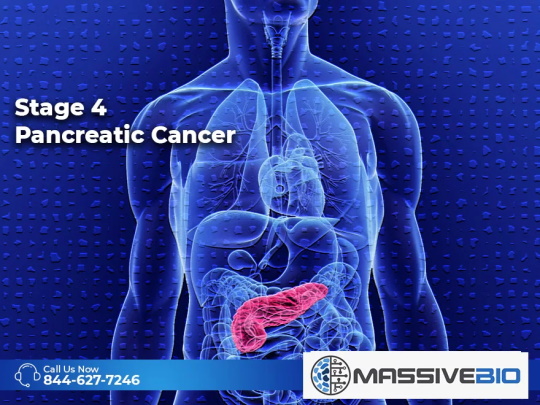Peritoneal cancer is a type of cancer that originates in the peritoneum, the thin layer of tissue lining the abdomen’s interior. It often presents with symptoms such as abdominal pain, bloating, and changes in bowel habits, making early diagnosis challenging. This cancer can spread rapidly within the abdominal cavity, affecting various organs, and its management typically involves a combination of surgery and chemotherapy.
Peritoneal cancer, while relatively rare, is a serious condition that requires prompt and comprehensive treatment. Its association with ovarian cancer is well-documented, with many cases arising as a secondary complication of ovarian or other gastrointestinal cancers. Treatment strategies often focus on debulking surgery to remove as much of the tumor mass as possible, followed by targeted chemotherapy to address microscopic disease. Early detection and aggressive treatment are crucial for improving outcomes in patients diagnosed with this condition.
Primary Peritoneal Cancer
Primary peritoneal cancer is a rare and aggressive malignancy that originates in the peritoneum, the thin layer of tissue lining the abdominal cavity. This type of cancer shares similarities with ovarian cancer, given the close anatomical and functional relationships within the female reproductive system, including the fallopian tube. One of the most daunting aspects of this disease is its propensity for late-stage diagnosis, with many patients discovering their condition only once it has progressed to stage 4.
The symptoms of peritoneal cancer are often nonspecific, which makes early detection challenging. The first signs may include abdominal bloating, discomfort, changes in bowel habits, and unexplained weight loss. Unfortunately, due to the vague nature of these symptoms, peritoneal cancer is frequently misdiagnosed or discovered incidentally during evaluations for other conditions.

Once diagnosed, the question of “How long can you live with stage 4 peritoneal cancer?” becomes paramount for many patients and their families. The survival rate varies significantly, influenced by factors such as the patient’s overall health, the cancer’s response to treatment, and the presence of carcinomatosis of the peritoneum, where the cancer has spread extensively within the abdominal cavity.
Treatment for peritoneal cancer can include surgery to remove as much of the tumor as possible, a strategy known as debulking, followed by chemotherapy. In some cases, HIPEC (Hyperthermic Intraperitoneal Chemotherapy) is used, where heated chemotherapy drugs are applied directly into the abdominal cavity to target residual cancer cells. Despite these aggressive treatments, the peritoneal cancer survival rate remains low for advanced stages, highlighting the urgent need for more effective therapies.
Is cancer in the peritoneum curable? For early-stage disease, surgery combined with chemotherapy can offer a significant chance for long-term survival. However, for advanced stages, the focus may shift towards managing symptoms and improving quality of life rather than seeking a cure.
How quickly does peritoneal cancer spread? The pace can vary, but due to the extensive network of the peritoneum and its fluid dynamics, cancer cells can disseminate quickly within the abdominal cavity, leading to peritoneal disease involving multiple organs.
The term carcinomatosis, referring to widespread dissemination of cancer within the body, is particularly relevant in the context of peritoneal cancer. This condition represents one of the most challenging aspects of management, as it complicates surgical interventions and reduces the efficacy of systemic chemotherapy.
Though peritoneal cancer shares histological characteristics with mesothelioma, a cancer affecting the lining of the lungs and chest wall, their origins, treatment strategies, and prognoses differ significantly. Understanding these differences is crucial for developing targeted therapies that can improve outcomes for patients.
In conclusion, primary peritoneal cancer is a complex and challenging disease, with a prognosis that heavily depends on the stage at diagnosis and the effectiveness of the chosen treatment regimen. Advancements in medical research continue to offer hope, with ongoing studies aimed at better understanding this malignancy and developing more effective diagnostic tools and treatments. For those facing this disease, comprehensive care from a multidisciplinary team specializing in gynecologic oncology is essential to navigate the treatment landscape and achieve the best possible quality of life.












